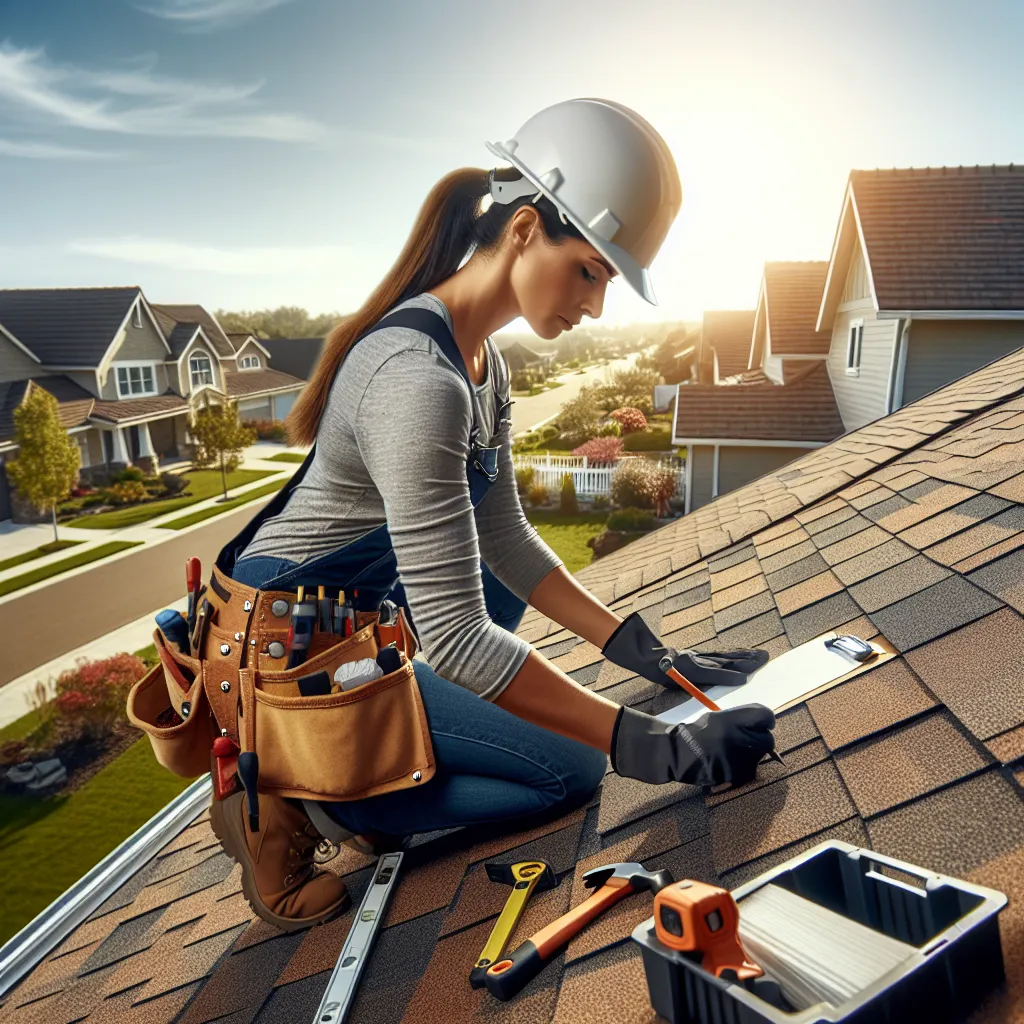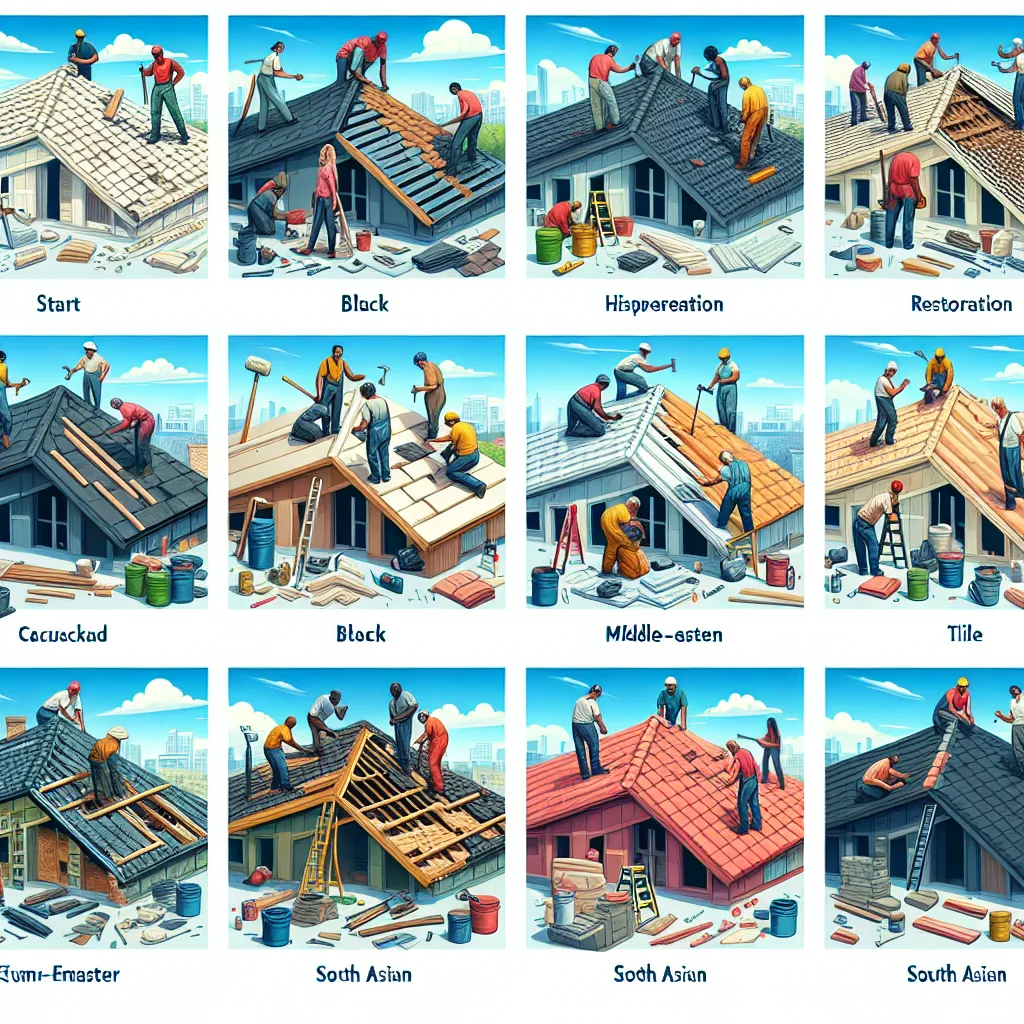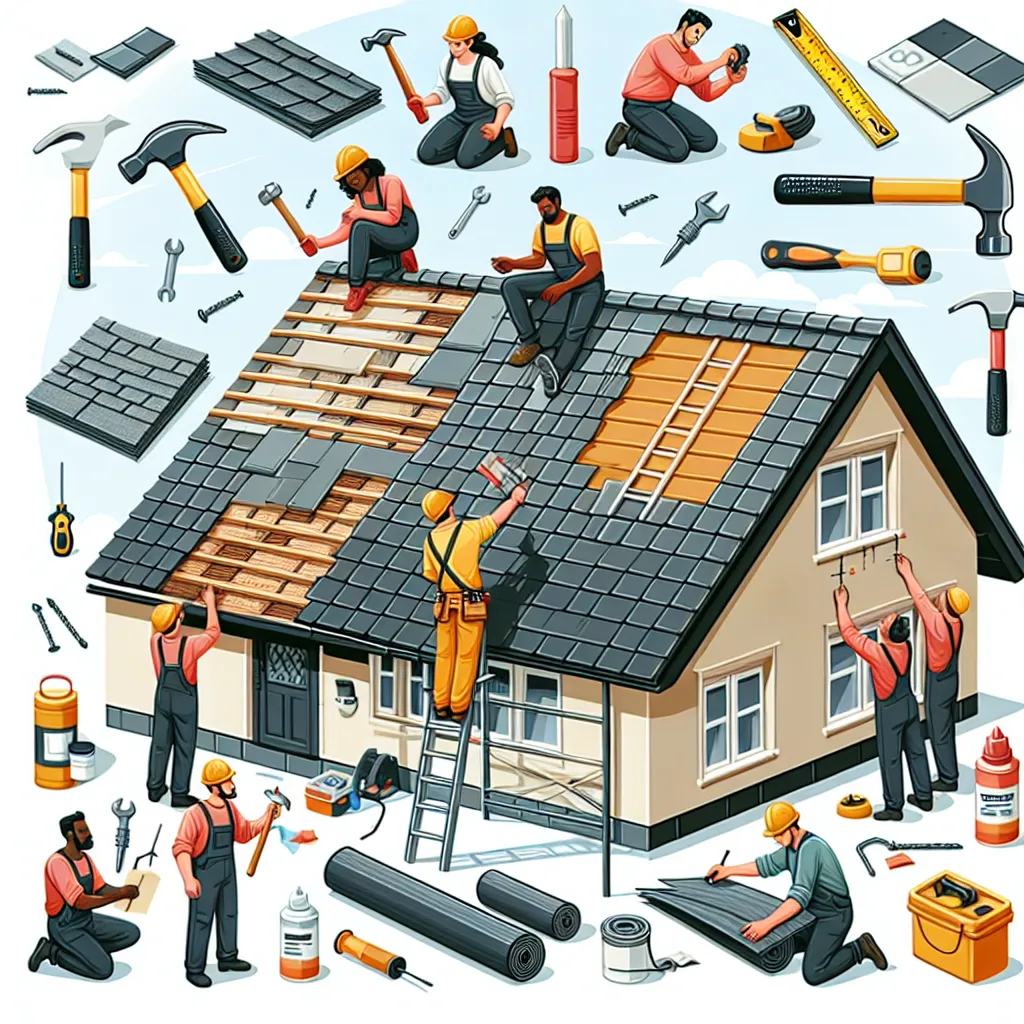We don’t usually think about roofer contractors until the sky leaks and puddles form indoors. But roofer contractors are the silent heroes keeping our homes dry, safe, and energy-efficient, year after year. If you’re a homeowner or a business owner, understanding roofer contractors is the first step to protecting your biggest investment. Today, let’s cut through the noise and see why roofer contractors matter, what they do, and how to pick the right one for your project.
What Are Roofer Contractors, Really?
Roofer contractors are licensed professionals who specialize in installing, repairing, and maintaining roofs. From simple shingle replacements to complex structural fixes, these experts handle everything above your ceiling. Why does this matter? Because the right roofer contractor can save you thousands—while the wrong one can trigger endless headaches.
Why Roofer Contractors Matter
A roof isn’t just shingles and nails. It’s a shield against rain, wind, snow, and even wild critters. Choosing a qualified roofer contractor means:
- Longer roof lifespan
- Fewer unexpected repairs
- Improved property value
- Peace of mind when storms hit
Neglecting the roof is like ignoring a toothache—things get worse, fast.
Key Benefits of Working With Roofer Contractors
It’s tempting to tackle roof repairs yourself, but licensed roofer contractors bring real advantages:
1. Expertise and Training
Roofer contractors undergo training, pass licensing exams, and keep up with building codes. This isn’t a weekend YouTube job—it’s years of hands-on experience.
2. Legal Protection
Most states require roofer contractors to carry insurance and bonds. If something goes wrong, you’re covered. That’s not true if you hire an unlicensed buddy with a ladder.
3. Quality Materials
Reputable roofer contractors have access to top-grade materials and know which ones work best for your climate and budget.
4. Warranty and Accountability
Licensed contractors offer workmanship guarantees. If there’s a mistake, they fix it—no ghosting or finger-pointing.
Common Drawbacks to Watch Out For
Not all roofer contractors are created equal. Let’s be frank—there are a few downsides you should be aware of:
- Higher upfront cost: Quality comes at a price. Sometimes, sticker shock is real.
- Scheduling delays: The best roofer contractors are busy, especially after storms.
- Risk of scams: “Storm chasers” may show up after bad weather, offering quick fixes and disappearing with your cash.
Table: Roofer Contractor Pros and Cons
| Benefit | Drawback |
|---|---|
| Expertise and training | Higher upfront cost |
| Legal protection & insurance | Scheduling delays |
| Quality materials | Potential for scams |
| Warranty and accountability | Limited availability |
How to Choose the Right Roofer Contractor
Let’s be honest—picking a roofer contractor can feel like spinning a roulette wheel. But a few smart moves make all the difference.
1. Check Licensing and Insurance
Don’t just ask—demand proof. A roofer contractor should provide a valid license and up-to-date insurance certificates before starting work.
2. Verify Experience
Ask about similar projects they’ve completed. Experience with your specific roof type (flat, shingle, metal, tile) is key.
3. Get Written Estimates
Always get a detailed, written estimate that lists labor, materials, timeline, and payment schedule.
4. Ask for References
A solid roofer contractor will happily share past client contacts. Reach out and ask about punctuality, quality, and clean-up.
5. Review Warranties
Understand what’s covered—and for how long. Roof warranties vary wildly, so read the fine print.
Practical Use Cases for Roofer Contractors
Roofer contractors aren’t just for emergencies. Here’s where they shine:
Routine Maintenance
Annual inspections by a roofer contractor can spot leaks, damaged shingles, and flashing problems before they escalate.
Full Roof Replacement
When your roof reaches the end of its life (usually 20–30 years), a roofer contractor handles tear-off, disposal, and installation.
Storm Damage Repair
Hail, wind, and falling branches can cause hidden damage. A roofer contractor knows where to look and what to fix.
Commercial Roofing Projects
Businesses rely on roofer contractors for flat roofs, waterproofing, and energy-efficient solutions.
Three Real-World Roofer Contractor Stories
Story 1: The Hailstorm Hero
When a freak hailstorm pummeled a suburban neighborhood, one homeowner found her attic dripping water. She called a roofer contractor who responded within hours, tarped the roof, and coordinated with her insurance. Repairs were done in days—not weeks.
Story 2: The Energy Saver
A small bakery switched to a cool roof system after a roofer contractor’s suggestion. Their summer energy bills dropped by 20%, and inside temps were finally bearable. The contractor’s advice paid for itself within a year.
Story 3: The Leak That Wasn’t
A family noticed a water stain on their ceiling. Fearing a major repair, they called a roofer contractor. Instead of upselling, he discovered a clogged gutter was the culprit—fixing it for a minimal fee. Honesty, not hype.
Most-Asked Questions About Roofer Contractors
1. How do I know if a roofer contractor is licensed?
Ask to see their license and verify it with your state’s licensing board. Don’t rely on word-of-mouth or a business card alone.
2. What should a roofer contractor estimate include?
A clear estimate covers materials, labor, timeline, payment terms, and warranty details. Avoid vague or verbal quotes.
3. Are roofer contractors required to have insurance?
Yes. Every reputable roofer contractor carries liability and workers’ compensation insurance. This protects you if someone is hurt on the job.
4. How long does a typical roof replacement take?
Most jobs take 1–3 days, but weather, roof size, and complexity matter. Your roofer contractor should give you a realistic schedule.
5. Can a roofer contractor help with insurance claims?
Absolutely. Many roofer contractors assist with paperwork and meet with adjusters to make sure you get a fair settlement.
6. What’s the difference between a roofer and a roofer contractor?
A roofer does the hands-on work. A roofer contractor oversees the project, manages permits, and ensures the work meets code.
7. Should I pay a roofer contractor upfront?
Never pay the full amount upfront. A reasonable deposit is fine, but final payment should wait until you’re satisfied.
Roofer Contractor Costs: What Affects the Price?
Let’s not sugarcoat it—roofing isn’t cheap, but understanding the costs helps avoid surprises.
Cost Factors
- Roof size and pitch
- Material choice (asphalt, metal, tile)
- Labor rates in your area
- Tear-off and disposal fees
- Permit and inspection costs
Table: Average Roof Replacement Costs (By Material)
| Material | Average Cost per Sq. Ft. |
|---|---|
| Asphalt Shingles | $3 – $5 |
| Metal | $7 – $12 |
| Tile | $10 – $18 |
| Slate | $15 – $25 |
How to Save
- Compare at least three roofer contractor bids.
- Ask about off-season discounts.
- Don’t skimp on materials—cheap now means costly later.
Roofer Contractor Red Flags: What to Avoid
Let’s keep it real—not every roofer contractor deserves your trust.
Watch Out For:
- No physical address or website
- Unusually low bids
- High-pressure sales tactics
- Requests for large cash deposits
- Reluctance to provide references
If something feels off, trust your gut. One bad apple can spoil the whole bunch (and your roof).
Roofer Contractor Licensing: The Essentials
Licensing is more than paperwork—it’s your first line of defense.
What’s Required?
- Passing a written exam
- Criminal background check
- Proof of insurance and bonding
- Continuing education
- Compliance with workers’ compensation and unemployment insurance laws
Roofer contractors who cut corners on licensing often cut corners in their work. Don’t risk it.
Summing It Up
Roofer contractors are the gatekeepers of dry, comfortable homes and businesses. When we choose a skilled, licensed roofer contractor, we’re investing in safety, quality, and peace of mind. The process can feel daunting, but with a little know-how—and a dash of skepticism—we can all find the right expert for the job. No more head-scratching or leaky ceilings: that’s the power of a great roofer contractor.
Roofer Contractors
Roofer contractors are licensed professionals specializing in roof installation, repairs, and maintenance. They ensure your roof is durable, weatherproof, and compliant with building codes.
Why Choose Roofer Contractors?
- Expertise & Certification: They have proper training and licensing.
- Quality Work: Use high-grade materials for longevity.
- Insurance & Warranties: Protect you against accidents and faulty work.
- Cost Comparison: Typically, a licensed roofer contractor charges $3–$5 per sq. ft. for asphalt shingles, with higher costs for metal or tile roofs.
Key Benefits
- Reliability & Safety
- Long-term Savings
- Peace of Mind
CTA
Need a trustworthy roofer contractor? Contact us today for free estimates and ensure your roof is in expert hands!
Frequently Asked Questions About Roofer Contractors
How do I know if a roofer contractor is licensed?
Ask to see their license and verify it with your state’s licensing board. Don’t rely solely on their word or a business card.
What should a roofer contractor estimate include?
A clear estimate should cover materials, labor, project timeline, payment terms, and warranty details to avoid surprises.
Are roofer contractors required to have insurance?
Yes, reputable roofer contractors carry liability and workers’ compensation insurance to protect you if someone gets hurt on the job.
How long does a typical roof replacement take?
Most roof replacements take 1–3 days, but this can vary depending on the roof’s size, complexity, and weather conditions.
Can a roofer contractor help with insurance claims?
Absolutely. Many roofer contractors assist with paperwork and meet with insurance adjusters to ensure you receive a fair settlement.









